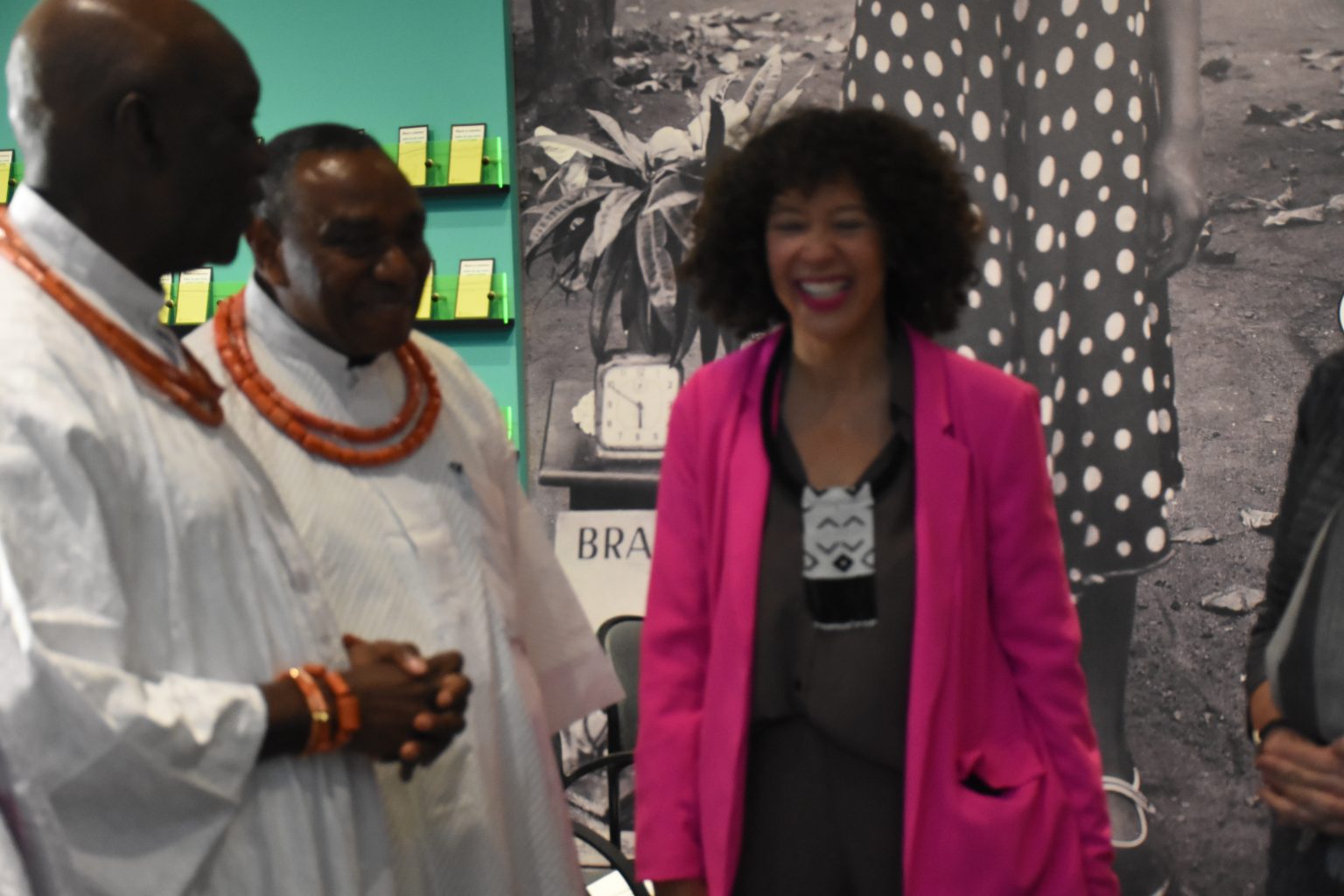
Prof. Abba Tijjani, Director General of the National Commission for Museums and Monuments (NCMM) disclosed this in an interview with the News Agency of Nigeria (NAN) on Wednesday in Washington DC.
NMAfA, in a joint ceremony, collectively transferred ownership of 29 Benin bronzes to NCMM on Tuesday.

The director general said the ceremony was important for Nigeria because the country wanted to tell the world that some countries had responded positively to the repatriation of stolen artifacts from Nigeria.
“Many museums are responding positively, and it is the right thing to do for any museum of a country because you cannot illegally take artifacts away from their original place, and display them in your museums.
“This will create an unethical practice for the profession, don’t have the moral attitude to display objects stolen and you expect visitors to comfortably visit the museums, go around, and enjoy them.
“So, they are doing the right thing to portray these objects to turn them back to Nigeria,’’ he said.
Tijani said Nigeria was willing to partner with any museum or institution willing to repatriate the country’s artifacts to give some of those objects on loan for a certain period.
According to him, Nigeria is willing to give some of the objects on loan in such cases that will allow display in moral and ethical attitude ways.
Tijani also confirmed to NAN that a piece of Benin Bronze called the “Head of a King” which had been in the collection of Rhode Island Museum for more than 70 years was returned to Nigerian government on Tuesday.
The repatriation is part of a worldwide movement by cultural institutions to return artifacts that were often stolen during colonial wars.

In August, the Horniman Museum and Gardens in London announced that it would transfer a collection of 72 Benin Bronzes to the Nigerian government.
He said that Nigeria had in July signed an agreement with the government of Germany to repatriate 1,130 Benin Bronzes, adding that some of them would be shipped to Nigeria before the end of the year.
Similarly in an interview with NAN, Ms Ngaire Blankenberg, director of NMAfA, said the Museum had transferred ownership of 29 Benin Bronzes to NCMM.
Blankenberg said the decision was based on ethical considerations and to establish trust with those considered to be the museum’s constituents and community, which are Africans and African diasporic people all over the world.
“It’s important that everyone feels confident that what we have in our museum has been procured ethically, and that hasn’t been because of violence against other people other Africans.
“It’s also important to us that because the bronze is an artwork, you know, taken through looting in 1897 it was a colonial conquest. It was violent, it was hurtful, that we try and rectify that wrong,’’ she said.
The director said the NMAfA had discussed with the NCMM to retain a few of the works of art on long-term loans and the commission had indicated the terms of the loan.
“The reason for that is that the Royal Court and the Nigerian government feel quite strongly that these are such powerful works of art.
“They feel that the work can also act as ambassadors not only for Nigeria but for the Royal Court of Benin into the broader world,’’ Blankenberg said.






